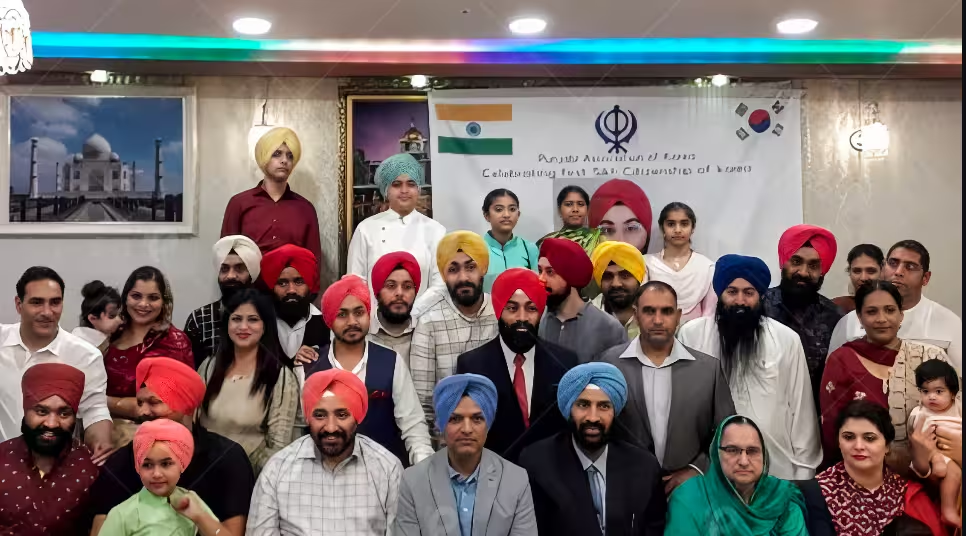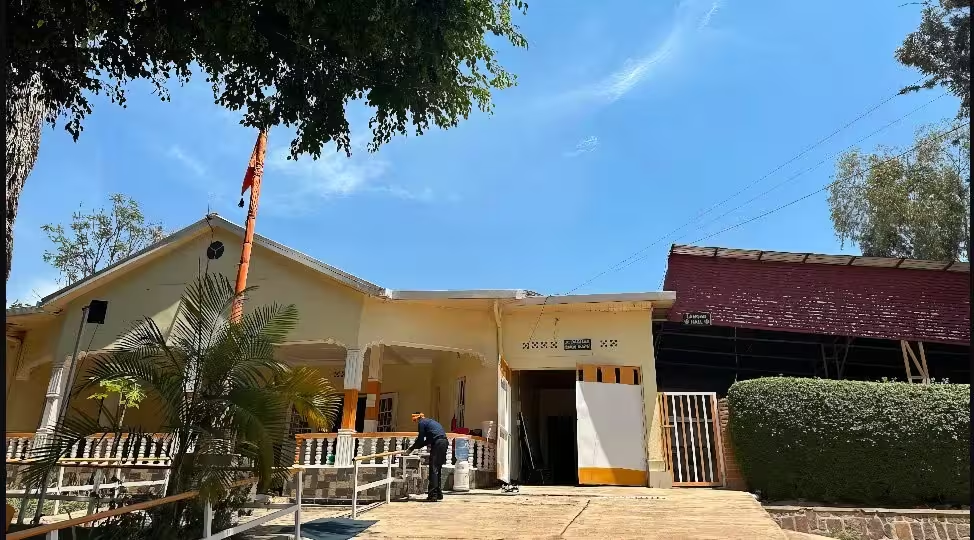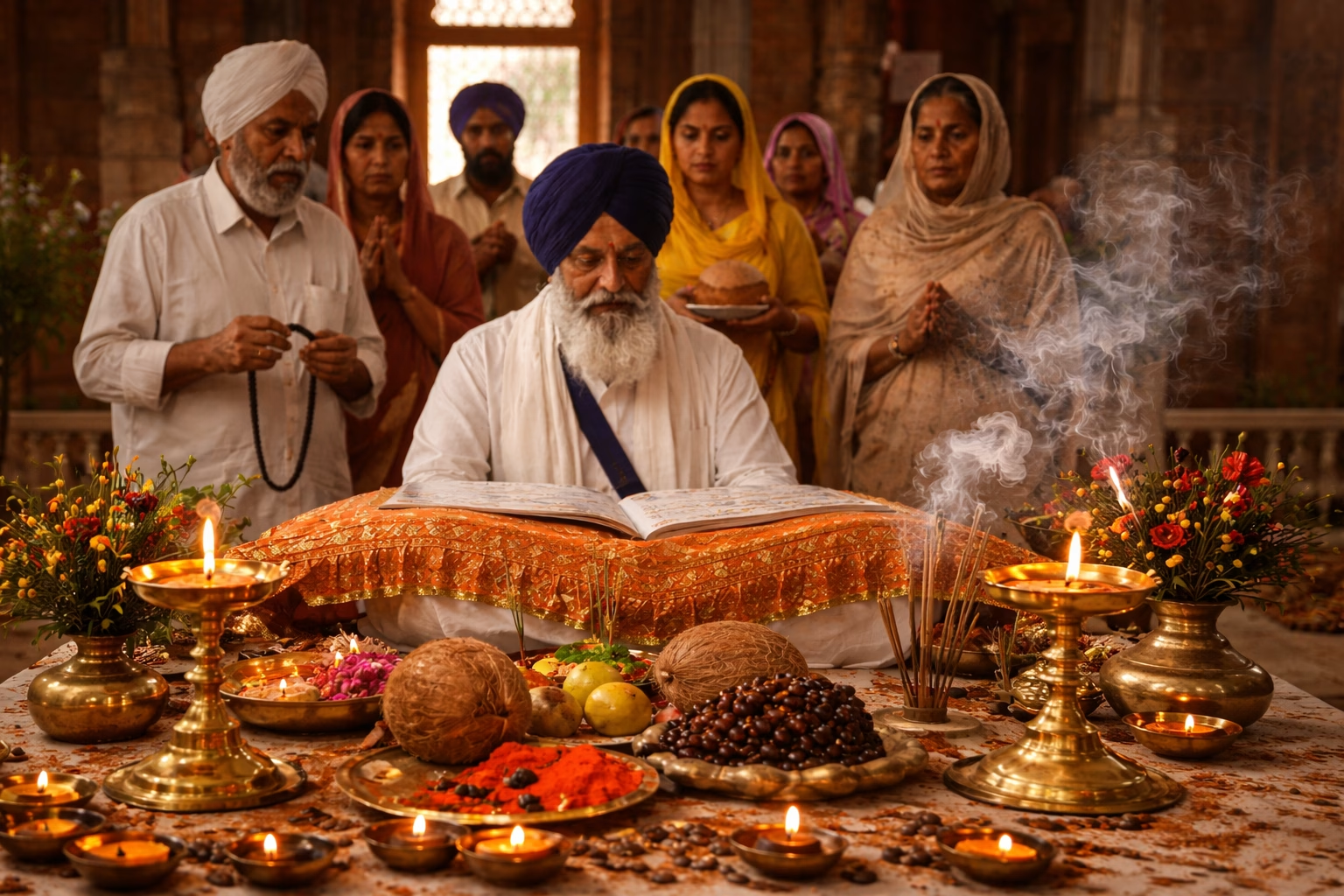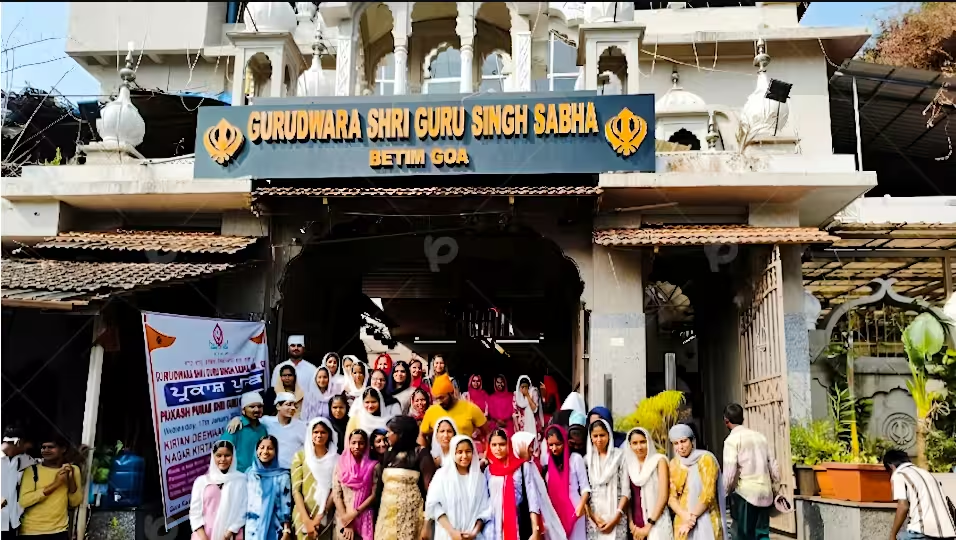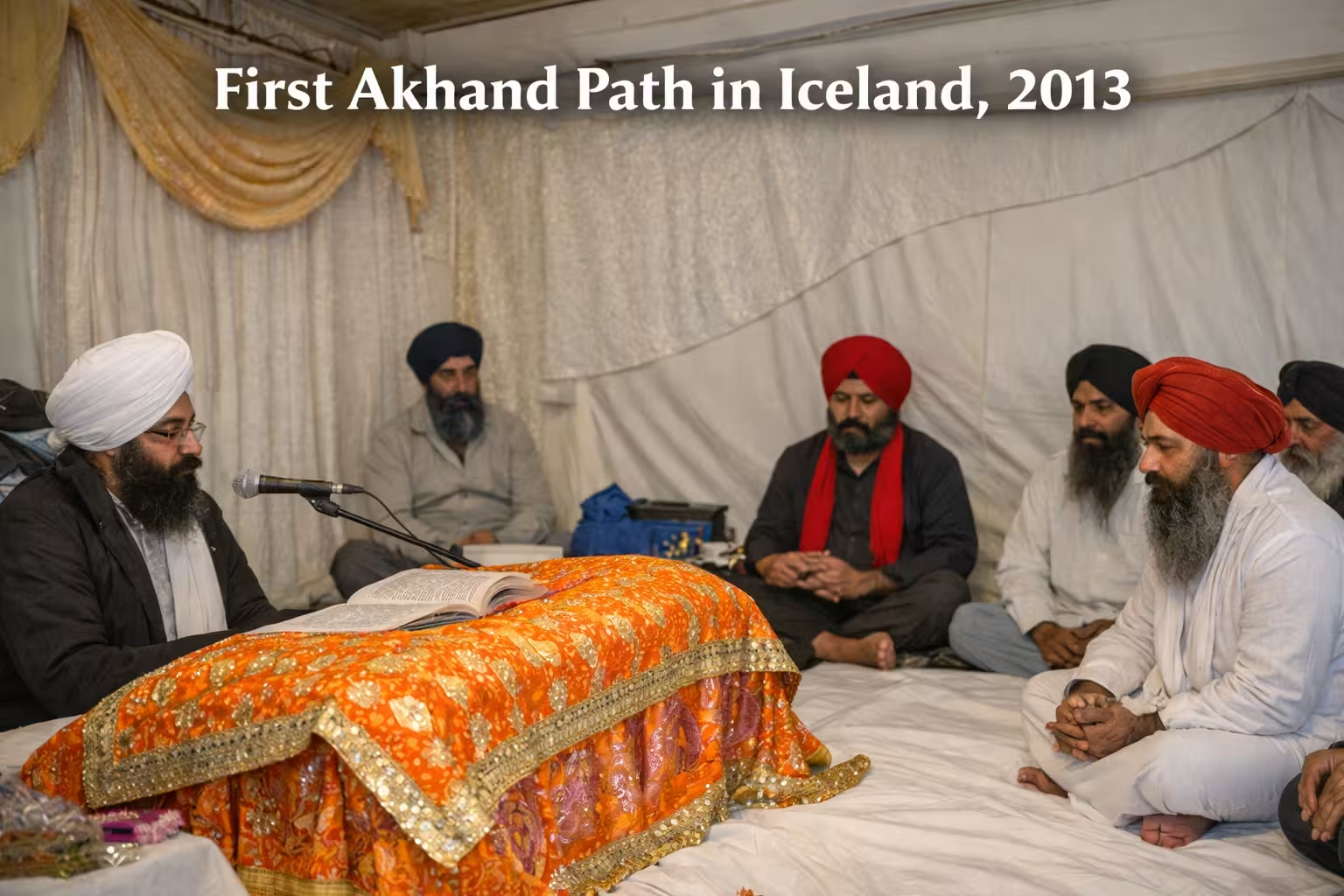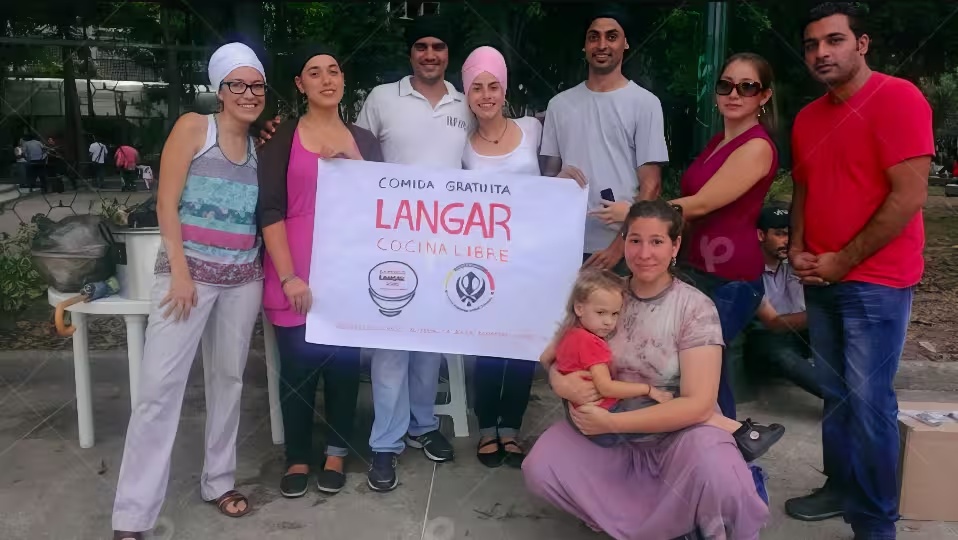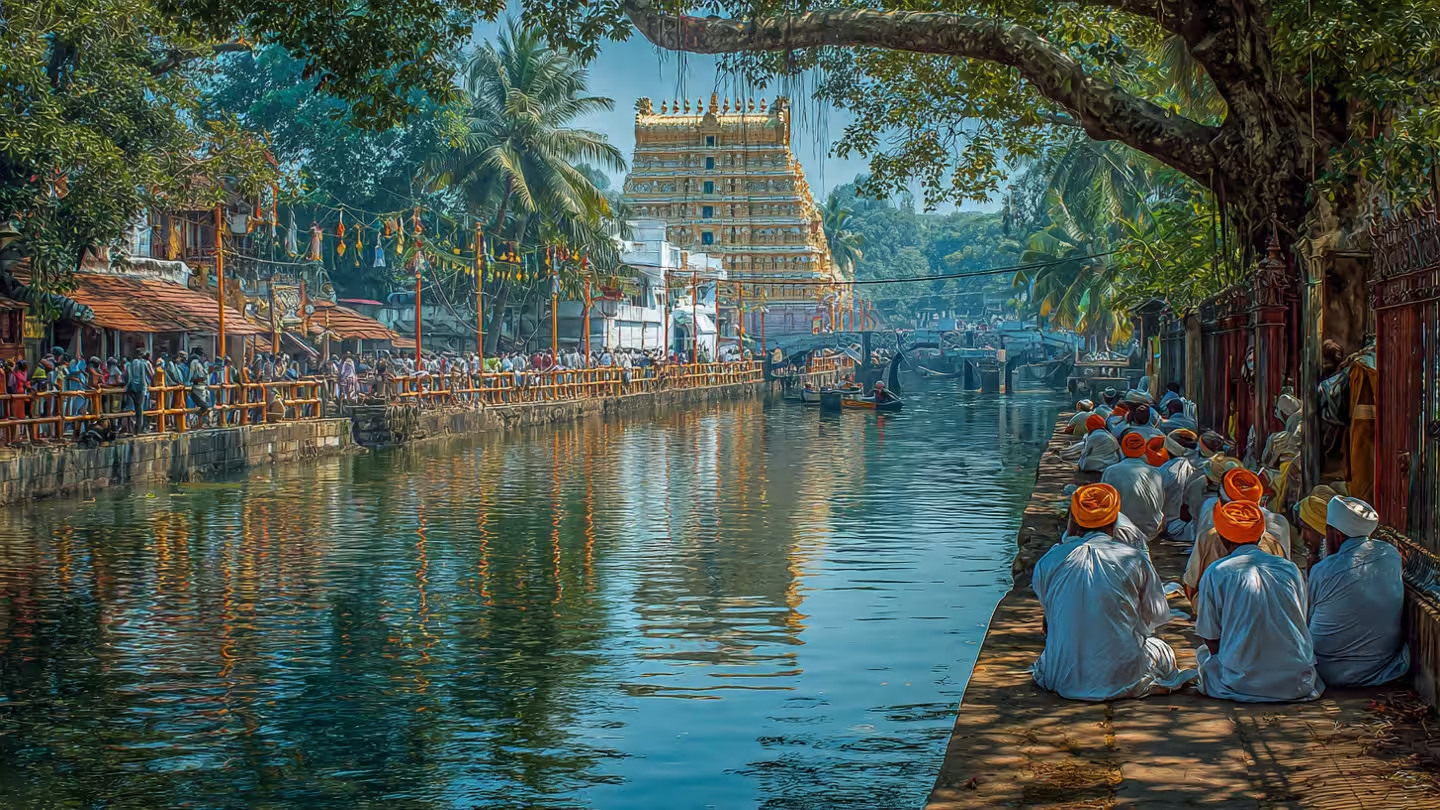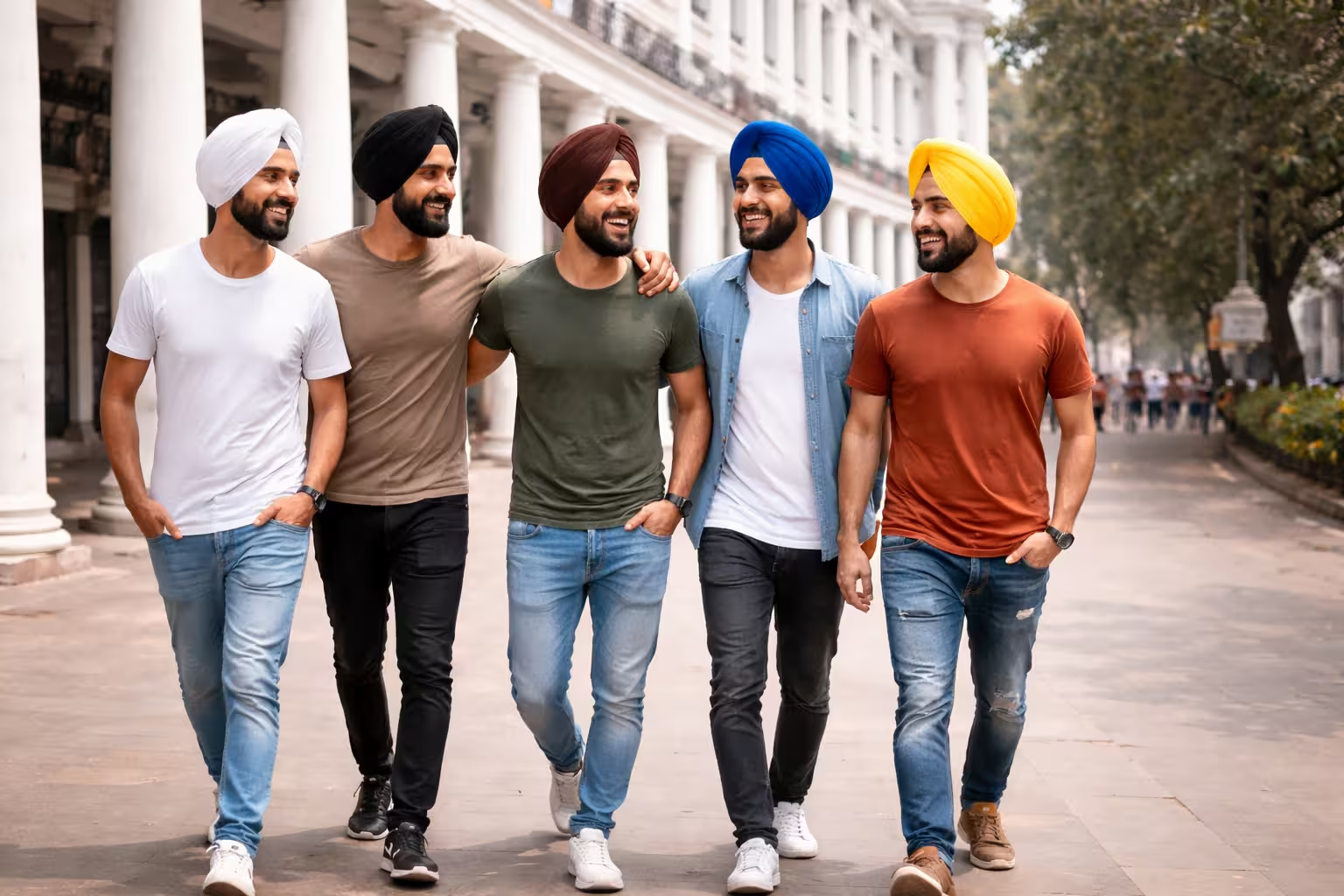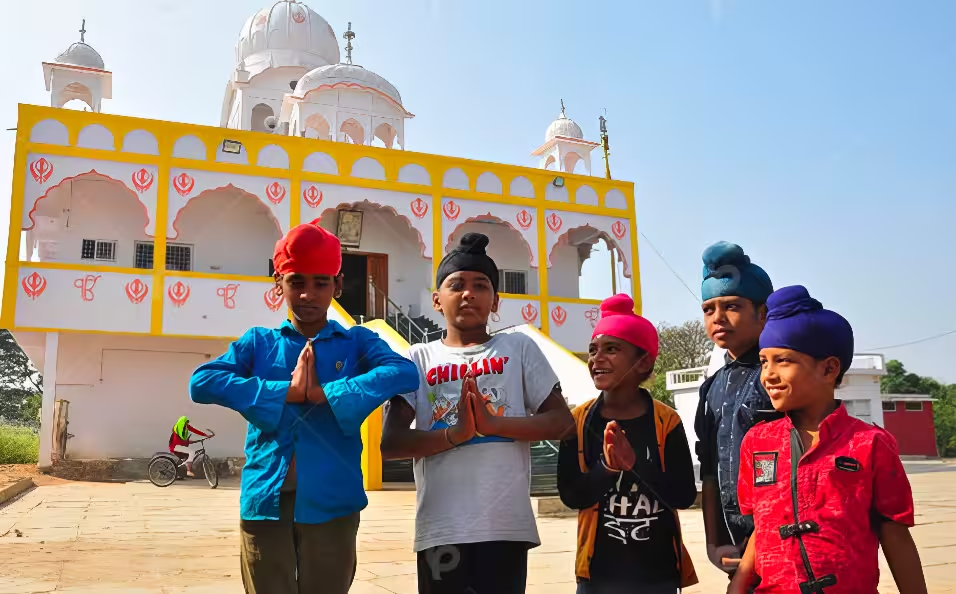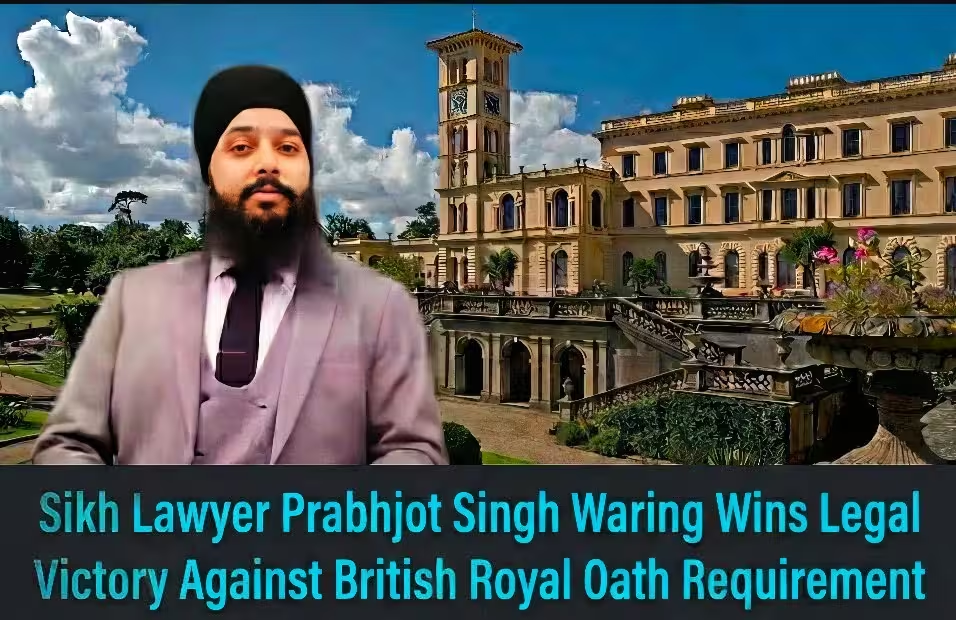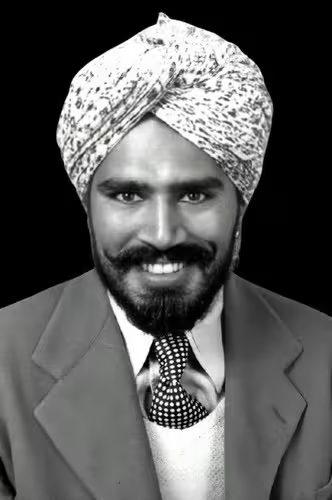
Dr. Gulzar Singh Johl: First Sikh Doctor - Yubi City
Dr. Gulzar Singh Johl stands as a remarkable figure in the history of the Sikh diaspora in the United States, celebrated for his groundbreaking achievements in medicine while maintaining deep roots in agriculture and community service. Born in British India, he overcame significant personal and societal challenges to become the first medical doctor of Sikh, Punjabi, and South Asian heritage to practice in the Yuba City area of California.
His life story reflects the resilience of early Punjabi immigrants, blending professional success with unwavering commitment to his cultural heritage and the Sikh community. As an ophthalmologist, farmer, and community leader, Dr. Johl’s legacy continues to inspire generations, highlighting the contributions of Sikhs to American society.
Punjabi Diaspora
A Sikh is a follower of Sikhism, a monotheistic religion that originated in the Punjab region of India in the 15th century. Sikhs believe in one God and follow the teachings of the Guru Granth Sahib, their holy scripture. They are known for their distinctive turbans, beards, and commitment to values such as honesty, compassion, and service.
Sikhcoalition
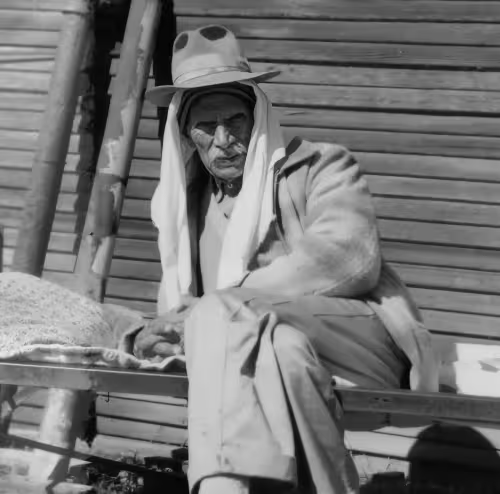
Early Life and Family Background
Gulzar Singh Johl was born on June 28, 1923, in the village of Jandiala in the Jalandhar district of Punjab, British India. He was the son of Tuly Singh Johl, one of the earliest Punjabi pioneers to settle in Sutter County, California, arriving in 1906.
Tuly Singh left India when Gulzar was just one year old, creating a 23-year separation that shaped much of Gulzar’s early life. Growing up without his father, young Gulzar experienced the hardships faced by many Punjabi families under colonial rule, including economic struggles and limited opportunities.
Despite these challenges, Gulzar pursued education with determination. His father’s absence was a poignant reminder of the sacrifices made by immigrants seeking better lives abroad. Tuly Singh worked at Eager Orchards in Yuba City since 1907, helping other Punjabi immigrants find employment and establishing a foundation for the family.
This agricultural legacy would later influence Gulzar’s own life, as he balanced his medical career with farming.
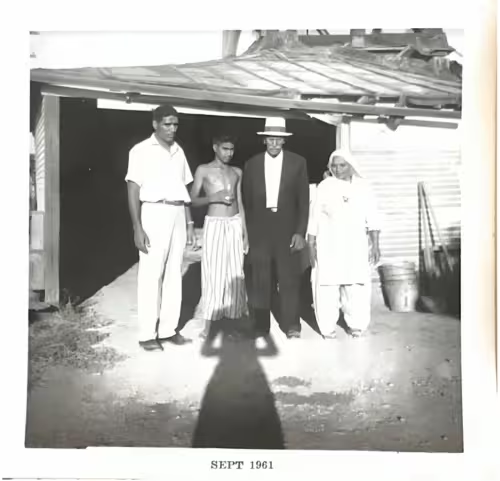
Migration to the United States
Honoring his father’s wishes, Gulzar Singh Johl immigrated to the United States on January 30, 1948, arriving in Yuba City to reunite with Tuly Singh for the first time as an adult. This move left behind his wife and two sons in India, who would not join him until 1958 due to restrictive immigration laws. The reunion marked a new chapter, but it also highlighted the emotional toll of migration on Punjabi families.
Upon arrival, Gulzar adapted to life in America while pursuing higher education. He enrolled in medical school at the University of California, Irvine, completing his degree in 1957. His training included an internship at Civic Center Hospital in Oakland and specialized ophthalmology studies at the Dupont Eye Clinic in Los Angeles.
To further hone his skills, he returned briefly to India for training at Gandhi Eye Hospital, where he performed 100 eye operations. This blend of American and Indian medical experience equipped him to serve diverse communities effectively. UCI
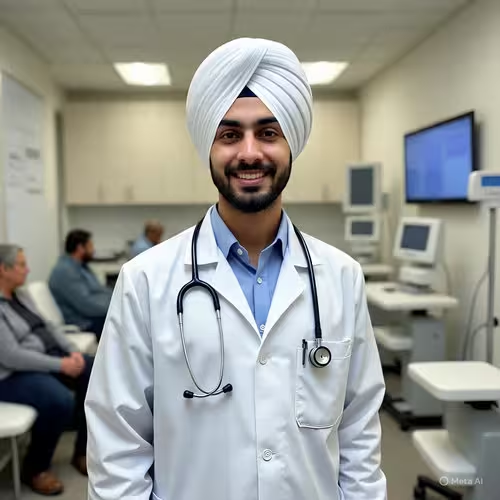
Medical Career and Achievements
In 1961, Dr. Johl opened his eye clinic at 2042 Live Oak Blvd in Marysville, California, specializing in ophthalmology. This milestone made him the first Sikh, Punjabi, and South Asian doctor to practice medicine in the Yuba-Sutter area, a region with a growing Punjabi population. His practice served not only the local Sikh community but also the broader public, addressing eye health needs in an underserved rural area.
Parallel to his medical work, Dr. Johl remained deeply connected to farming, owning hundreds of acres of peach, walnut, and almond orchards. He often identified primarily as a farmer, stating, “We’ve been farmers ever since the earth was created. Even after coming from thousands of miles away, we are farmers.”
YUBA-SUTTER

Peach Grower and Eye Specialist
A 1965 feature in the Sacramento Bee described him as a “peach grower and eye specialist”—in that order—underscoring his dual identity.
This balance exemplified the multifaceted lives of many Punjabi immigrants, who combined professional pursuits with traditional agrarian roots.
Dr. Johl’s pioneering status extended beyond medicine; he was recognized as the first South Asian immigrant to become a doctor in Yuba-Sutter, paving the way for future generations of Sikh professionals. His success came at a time when Sikh immigrants faced discrimination and legal barriers, making his achievements all the more significant.
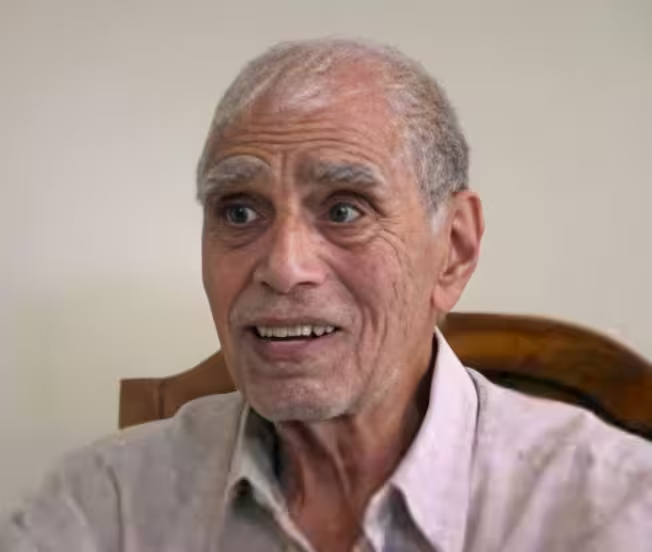
Community Contributions and Leadership
Dr. Johl’s impact on the Sikh community in Yuba City was profound. He played a key role in establishing the Yuba City Gurdwara, the first Sikh temple in the Yuba-Sutter area, which opened in 1969. Involved in planning discussions, he helped select the site on Tierra Buena Road after considering locations like Pennington, Live Oak, and Lincoln Road. He participated in informal meetings at Mehar Singh Tumber’s house and donated magnolia trees from his nursery for the gurdwara’s landscaping. His name is likely among the 26 contributors honored on a commemorative plaque.
The gurdwara served as a vital hub, even providing refuge for about 100 immigrant workers in the orchards during the summer of 1972. Dr. Johl also contributed to the inception of the annual Yuba City Nagar Kirtan in 1980, inspired by a similar event in Vancouver, Canada. He collaborated with leaders like Didar Singh Bains and Mehar Singh Tumber to organize the procession, which has grown into one of the largest Sikh festivals outside India.
Through interviews and historical sharing, Dr. Johl preserved the stories of Punjabi pioneers, including his father’s experiences. His family continues this legacy, with relatives like nephew Iqbal Johl and son Malkit Johl maintaining properties tied to early immigrant history.
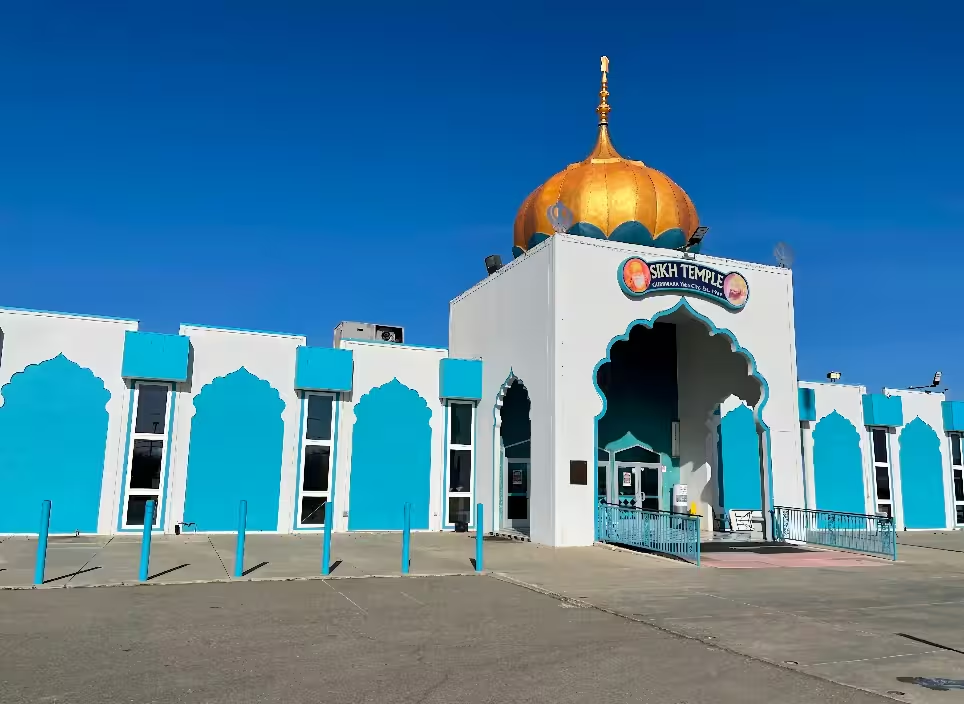
Legacy and Later Years
Dr. Gulzar Singh Johl’s life bridged continents, cultures, and professions, embodying the spirit of Sikh trailblazers in America. Celebrating his 100th birthday in 2023, he reflected on a century of contributions to medicine, agriculture, and community building. His story is documented in archives like the Punjabi and Sikh Diaspora Digital Archive at UC Davis, ensuring future generations learn from his example.
As the first Sikh doctor in the Yuba-Sutter region—and potentially among the earliest in the US—Dr. Johl broke barriers, fostering greater acceptance and opportunities for South Asian professionals. His enduring legacy lies in the institutions he helped build, the lives he healed, and the cultural heritage he preserved, making him a true pioneer in the global Sikh narrative. PressReader

